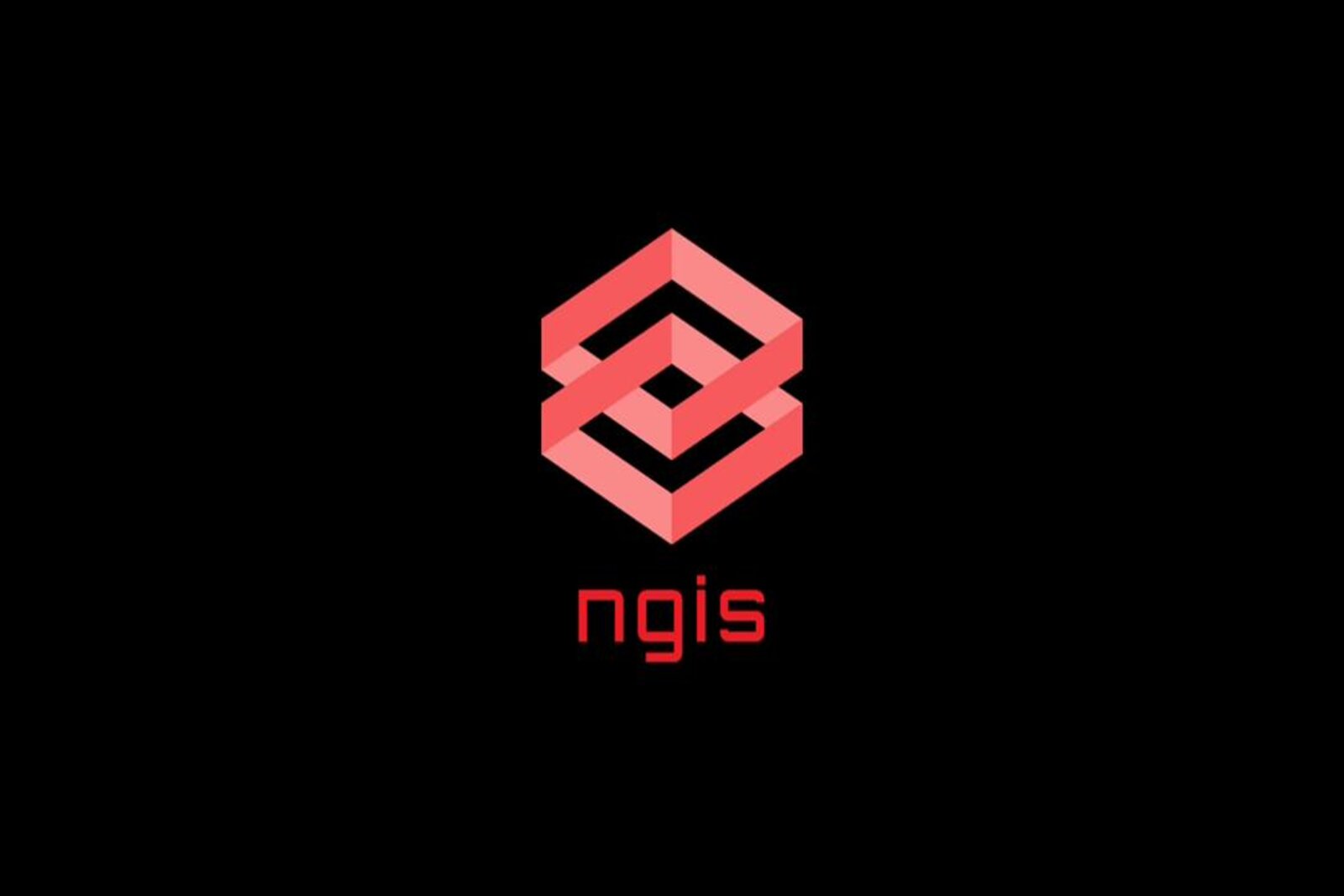NGIS services

Data center equipment services
Data center equipment services refer to a set of processes and services that are performed to launch, equip, and optimize data centers. These services include design, provision of hardware and software equipment, installation and commissioning of server systems, data storage, communication networks, ventilation systems, emergency power, and physical and software security.
1. Design and consulting: Designing data center architecture based on specific business needs, scale, and data volume, according to international standards such as TIA-942, Uptime Institute, and ANSI/TIA-942.
2. Supply and installation of equipment: Providing a variety of servers, storage equipment (SAN/NAS), switches, routers, and network equipment, according to the specific needs of organizations and data centers.
3. Network and communications setup: Design and installation of high-speed networks for internal and external communications, including configuration and implementation of wired and wireless networks, VPN, firewalls, and access systems.
4. Ventilation and cooling systems: Installing air conditioning systems to maintain the proper temperature for optimal equipment performance, including industrial coolers, refrigeration systems, and temperature control systems.
5. Power supply and UPS: Design and installation of emergency power systems and UPS (Uninterruptible Power Supply) to prevent power outages and ensure the stability and continuous operation of equipment in critical conditions.
6. Physical and software security: Design and implement security systems such as CCTV cameras, physical access control, online monitoring, and network intrusion prevention systems.
7. Support and maintenance: Providing support and maintenance services to maintain proper functioning and continuous optimization of systems, including checking and repairing equipment, updating software, and monitoring network performance.
Data center equipment services allow businesses to manage and store data and utilize the capabilities of information technology while ensuring the stability, security, and efficiency of their systems.
Data center equipment purchasing advice
Data center equipment purchasing advice is one of the key steps in setting up and optimizing data centers, helping businesses ensure the performance, security, and efficiency of their systems by selecting the most appropriate equipment. An expert consultant, with a thorough understanding of the organization’s technical needs and requirements, helps customers make smarter decisions about purchasing servers, storage systems, networking equipment, and other essential data center infrastructure.
1. Analyzing the organization’s needs
One of the most important steps in purchasing consulting is assessing the organization’s real needs. These needs include data volume, network traffic volume, need for scalability and future growth, level of security and stability, and available budget. By carefully analyzing these needs, the consultant helps the business select the best equipment to meet its long-term goals.
2. Selecting servers and storage systems
Choosing the right servers (such as rackmount, tower, or scalable compute blocks) to meet your data processing and storage needs is critical. The consultant recommends the best options by considering parameters such as processing power, reliability, cost, and energy consumption. Also, choosing storage equipment such as SAN (Storage Area Network) or NAS (Network Attached Storage) is very important for effective data management and backup.
3. Selecting network equipment
One of the main pillars of data centers is the communication network. The consultant selects network equipment such as switches, routers, firewalls, and other communication tools in a way that can effectively meet the needs of bandwidth, data transfer speed, and network security. These devices must be scalable and flexible so that they can be upgraded as data volumes increase and organizational needs change.
4. Pay attention to scalability and flexibility
An experienced consultant reminds clients that equipment selection should be made with future growth and possible changes in the organization’s needs in mind. This means that consideration must be given to scalability and flexibility in equipment selection, so that they can easily respond to future upgrades and changes.
5. Energy and cost management
When purchasing equipment, energy consumption and operating costs can significantly impact profitability, especially in large data centers. Consultants help select energy-efficient equipment and suggest solutions to reduce long-term costs and optimize energy consumption.
6. Security and stability
Security is one of the most important aspects of choosing data center equipment. The consultant recommends network equipment and servers with advanced security capabilities (such as firewalls, intrusion detection systems, and encryption) based on the organization’s security requirements. In addition, the stability and reliability of the equipment are among the features that should be carefully examined.
7. Equipment testing and evaluation
After selecting equipment, consultants usually suggest conducting tests to assess its performance and compatibility. These tests include evaluating processing power, checking data transfer speed, assessing stability, and comparing performance with real business needs.
8. Support and maintenance
Support and maintenance services are other things that the consultant considers. Choosing equipment with the ability to receive proper technical support and ongoing upgrades gives businesses the assurance that if technical issues arise, they can be resolved quickly.
Overall, consulting on purchasing data center equipment is a specialized and sensitive process that requires technical knowledge, industry experience, and awareness of current trends in the world of IT. By choosing the right consultant, organizations can provide optimal equipment for their data center that meets their current and future needs.

